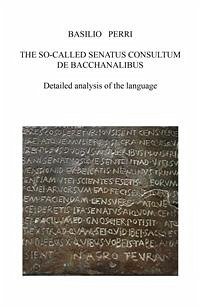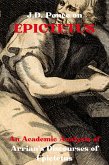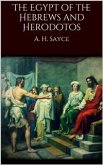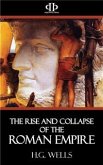In 1640 in Tiriolo (pr. Catanzaro), during the excavation of the foundation of the palace of Prince Giovan Battista Cigala, (in the middle of ancient ruins: whole and broken columns, bases, friezes, lintels) was found a bronze table that had once been nailed on the wall of some important building. The table, now preserved in the Antike Sammlungen of the Kunsthistorisches Museum of Vienna, contains a copy of the edict of the consuls of 186 BC about the Bacchanalia. Erroneously known as Senatus consultum, it is a legal document, a real law. The edict was not aimed to eliminate the worship of Bacchus, as it is commonly believed, but to limit the proliferation of places of worship and to regulate its practice. The cult is not in the least touched upon. The language of the text is the legal, typical of the senatorial and consular chanceries, very backward from all points of view compared to the current one. With this edict, we have a specimen of the Latin language more or less corresponding to those in use more than fifty years before the promulgation of the edict. E.g. the passage of the initial du to b had occurred in the mid-third century BC, while in edict the classical Bellonae is still written as Duellonai.There is no doubt that the many linguistic phenomena, present in the thirty lines of the text of the epigraph, are generally archaic or etymological spellings but they are very useful, sometimes essential, to make us better understand important aspects of the evolution of the Latin language at the turn of the third and second century BC. We wanted to analyze with this essay all the various linguistic phenomena present in the text.The work begins with an introduction that summarizes the main problems of this interesting document. Following are analyzed in detail all aspects of the language (phonetics, morphology, syntax and lexicon). The work ends with the history of the term Bacchanal in the Latin texts that have come down to us. The result is amazing: Up to Livy and beyond bacchanal, both in the singular and the plural, indicates always a place of worship of the Bacchantes, a sanctuary. For the festivities in honor of Bacchus is used only the term sacra both in the edict and in Livy. Continue to translate the word Bacchanalia with "festivities in honor of Bacchus" is a serious mistake.









